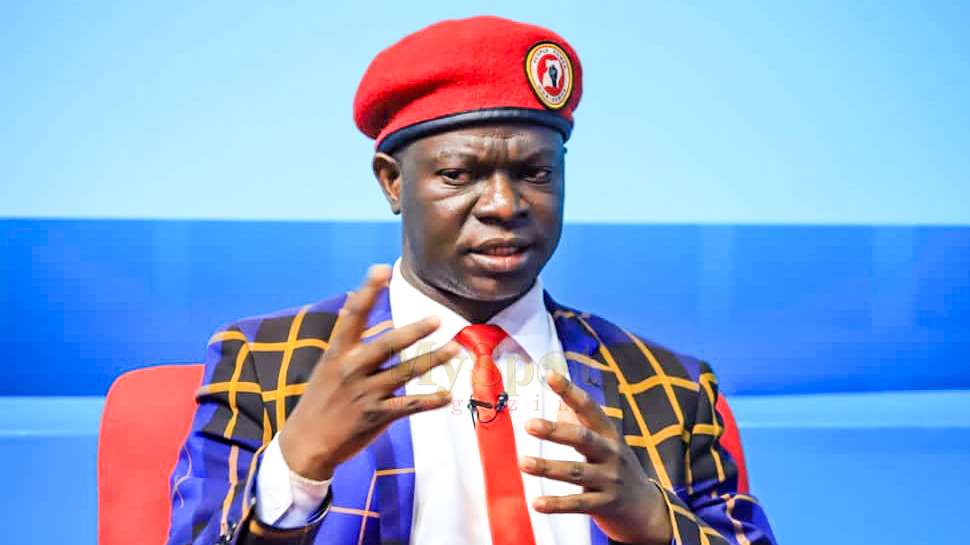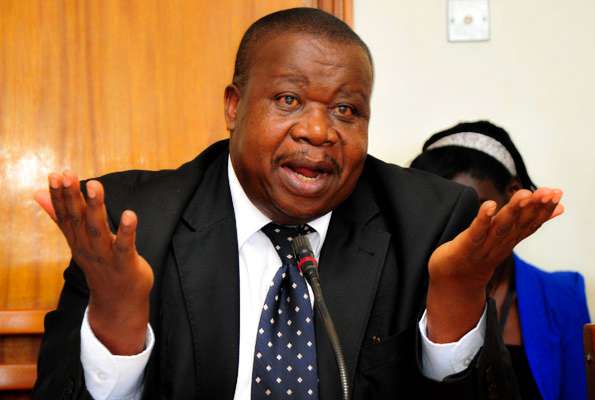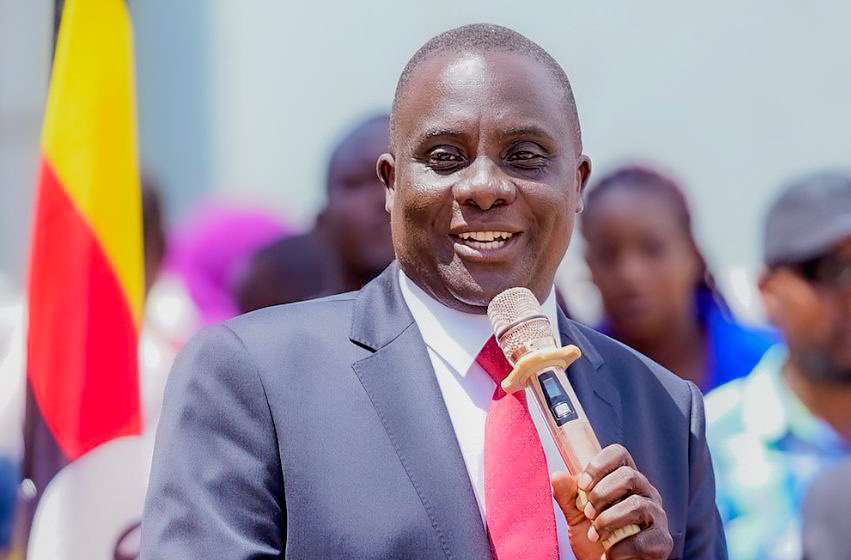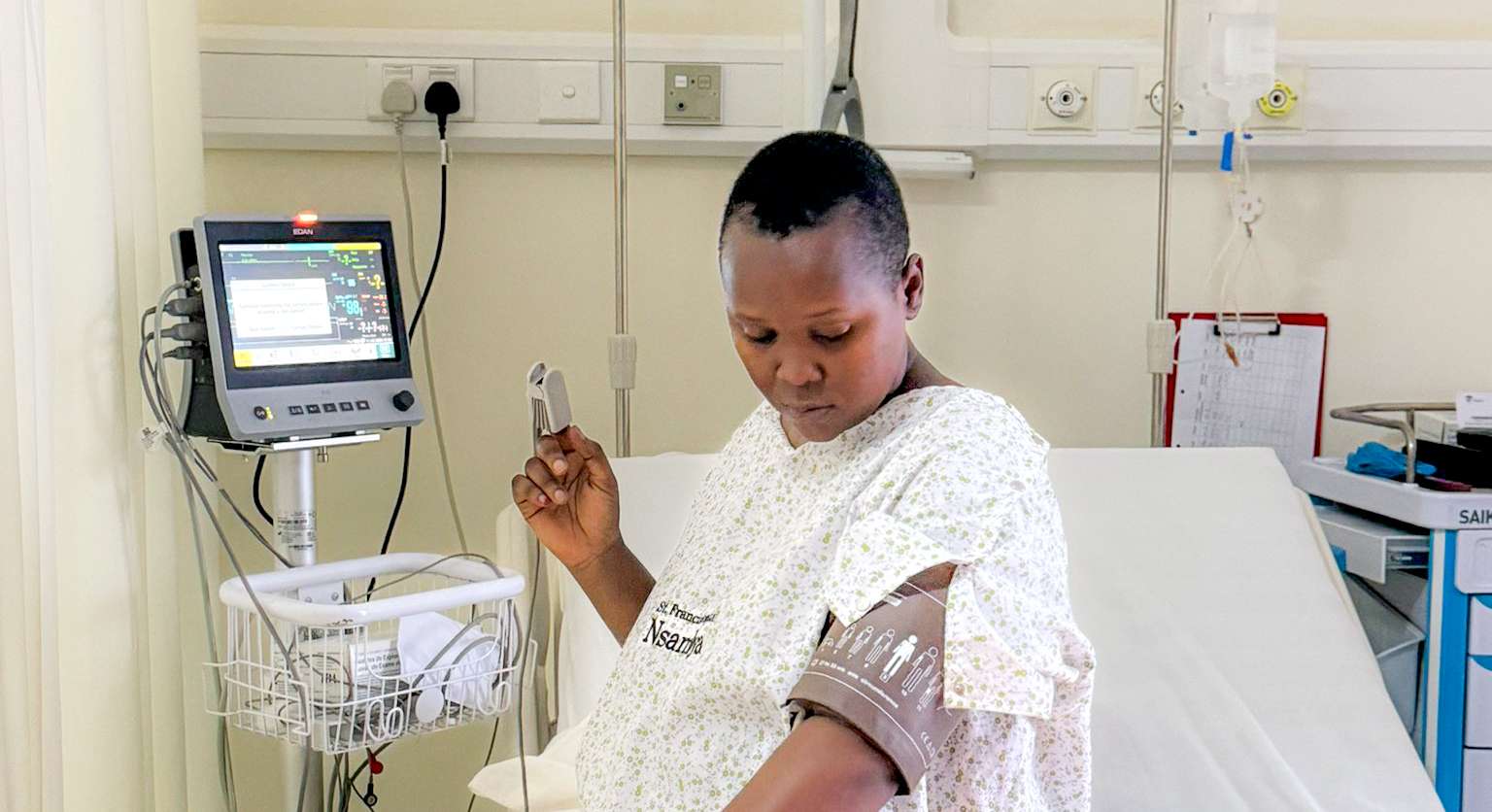News
Balaam Apologizes on Behalf of the Government for the Mismanagement of Late. Muhammad Ssegirinya’s
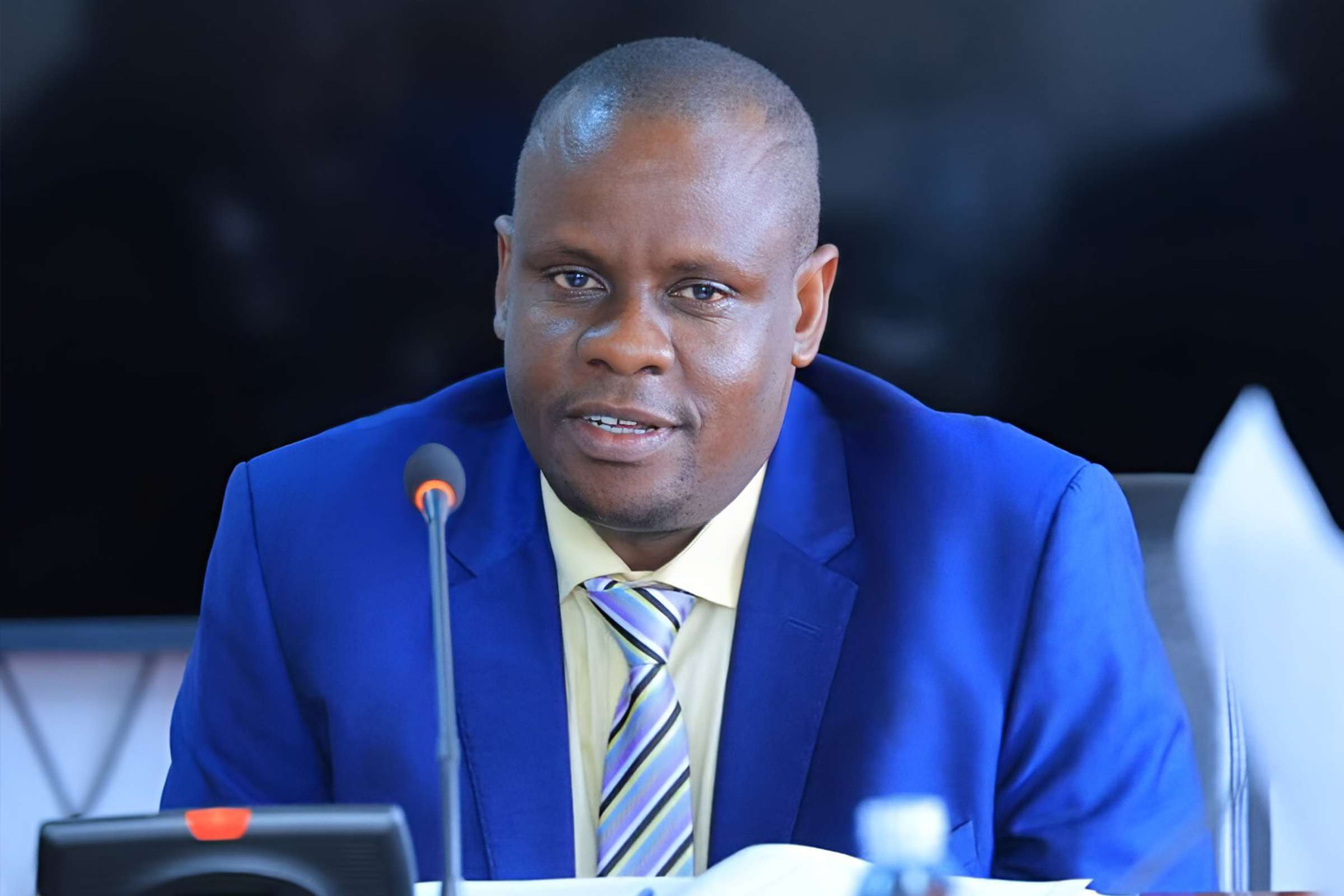
In a heartfelt address during the special sitting of Parliament to honour the late Hon. Muhammad Ssegirinya, Hon. Balaam Ateenyi who is the current Minister of Gender Labour and Social Development offered an apology on behalf of the government for what he described as the "mismanagement" of the Kawempe North MP’s ordeal.
Hon. Balaam's statement marked a rare moment of contrition from the government amid mounting criticism over the treatment of Ssegirinya, who endured significant legal and personal challenges during his tenure as an MP.
“As someone who believes in and supports equality for everyone, I apologize for any mismanagement that may have occurred during Hon. Muhammad Ssegirinya’s life,” said Balaam. His words resonated deeply in a chamber filled with legislators mourning the loss of a colleague remembered for his dedication to public service and grassroots mobilization.
The late Hon. Ssegirinya, a vocal advocate for healthcare access and social justice, faced prolonged detention and allegations of torture during his incarceration. Despite Uganda's Anti-Torture Act, his plight highlighted systemic failures in ensuring the protection of human rights. Legislators used the special sitting to question why such incidents continue to occur, with Hon. Sarah Opendi calling out the government for allowing torture to persist unchecked.
Balaam’s apology was seen as a step toward accountability, though many lawmakers called for substantive action to address the broader issues raised by Ssegirinya’s case.
Hon. Joel Ssenyonyi emphasized the importance of respecting the rule of law, noting that Ssegirinya’s suffering was emblematic of systemic disregard for legal protections. “As we send off Hon. Muhammad Ssegirinya, may we commit to the respect of the rule of law,” he urged.
While some appreciated Balaam’s acknowledgement of government missteps, others viewed the apology as insufficient without concrete reforms. Critics argue that the apology must be followed by tangible efforts to address human rights abuses, judicial overreach, and the mistreatment of political figures.
“It’s not enough to apologize,” said one opposition MP. “We need a commitment to ensuring that no Ugandan—whether an MP or an ordinary citizen—suffers the way Ssegirinya did.”
Despite the controversies surrounding his final years, Ssegirinya’s contributions to his community were celebrated during the sitting. Hon. Abdu Katuntu highlighted his grassroots work, including the establishment of Kawempe North Hospital, which provided free healthcare services to thousands.
Balaam’s apology may serve as a pivotal moment in addressing Uganda’s governance and human rights challenges. As the nation mourns the loss of Hon. Ssegirinya, his story has become a rallying cry for justice, equality, and respect for the rule of law.
The government now faces a choice: to turn Balaam’s apology into a catalyst for meaningful change or let it remain a hollow gesture in the face of mounting public discontent.

